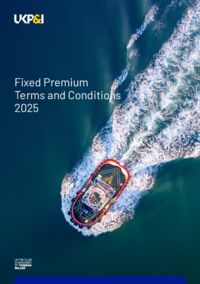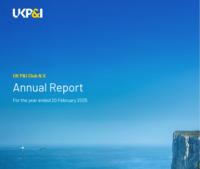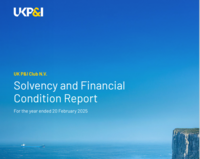1658 results:
Date: 28 July 2025
Date: 18 July 2025
Date: 10 July 2025
Date: 10 July 2025
Date: 10 July 2025
Date: 10 July 2025
Date: 4 July 2025
Date: 3 July 2025
Date: 3 July 2025
Date: 2 July 2025






